Writing a revolution
12 Oct 2016
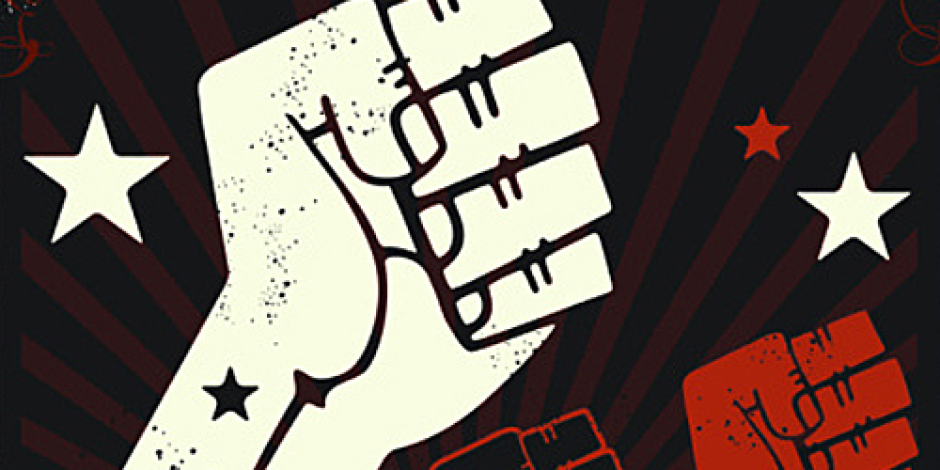
From speeches to novels, poems to ads, words are constant companions throughout history, the powerhouses behind monumental change. Here we take a look at books that changed the way we look at things.
This November we celebrate the first ever copywriters’ festival - #writerscrawl.
Underpinning the series of events and get-togethers held across London is the idea that words change the world. And not just words that define the great creative work we talk about. Words that shaped political speeches, defined timeless novels, carved lines from poems into our hearts.
So, with an eye on the word count and a firm belief that literally no-one will agree with this list, I've chosen three books I believe have changed the world. And yes, I have read them. Honest.
George Orwell – Nineteen Eighty-Four
Maybe an obvious choice, but George Orwell and his dystopian (pah! Take a look around!) novel Nineteen Eighty-Four.
Perhaps it didn’t revolutionise words or writing, but as a definitive novel of its genre and a work that certainly resonates today, Nineteen Eighty-Four fits the bill.
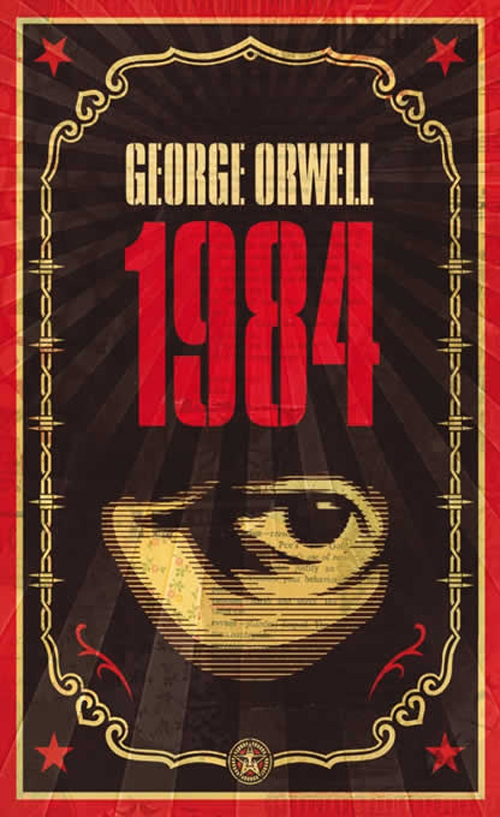
Published in 1949, just as the dying embers of one totalitarian system - Nazi Germany – fizzled out and another, Stalin’s Russia, dug in, Nineteen Eighty-Four reminded readers of how close we sail to tyrannical world orders and the death of freedom.
Orwell’s world was a place where totalitarianism dominates, Big Brother rules and the thoughts of the people are subject to the whims of 24 hour surveillance.
And as we wobble through a landscape defined by an (un)free internet and Edward Snowden, the return of the demagogue, and the increasing triumph of fiction over fact, it is apt to paraphrase Orwell and say that the biggest challenge we face is seeing and recognising that which lies before us.
Nineteen Eighty-Four certainly acts as a reminder of a daily battle we all must undertake.
Friedrich Engels and Karl Marx - The Communist Manifesto
Sometimes it takes a trip to Manchester to realise a revolution is possible.
Because before Friedrich Engels spent time there in 1840s, the idea that the working man could throw off the shackles of hundreds of years of oppression was, well, fanciful.
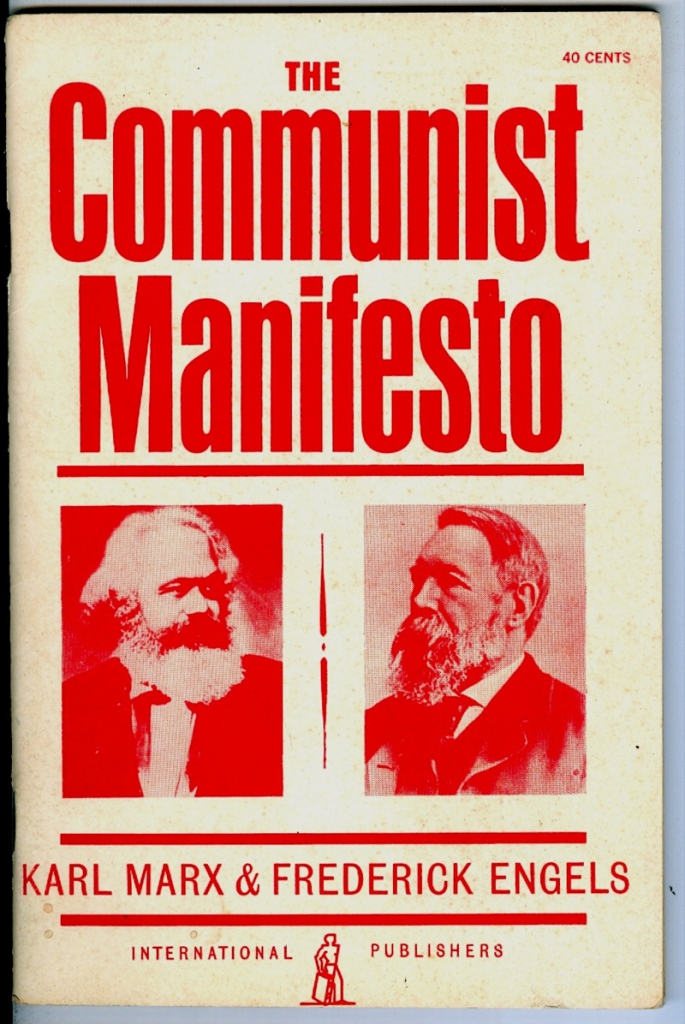
But what he saw there amongst the mills and the mines of the north was a people powerful enough in number – and in will - to take control of their lives.
What they lacked were the words to call them into action, to help develop a proletarian political maturity that could contextualise and make sense of the clarion calls to rise up against those who gripped their chains.
And that is what The Communist Manifesto was: a collection of words that spread like wildfire across Europe just as the great revolutions of 1848 began to rage. The Manifesto changed lives and worlds: from Lenin to Rosa Luxemburg, the Spanish Civil War to Vietnam, the Berlin Wall to the fall of the Iron Curtain.
It continues to influence how people write and talk about revolutionary politics to this very day, powered as it is by a clarity of purpose that only the right words written the right way can provide.
A Brief History of Time – Stephen Hawking
Words illuminate the darkest, most complex of ideas. And in A Brief History of Time, words face quite the challenge. That is, how to tell non-scientists about the physics and the nature of our very being.
So Stephen Hawking set about this task using plainspeak (as much as possible) to take us into black holes, back to the Big Bang and to introduce truly revolutionary theories about alternate dimensions, gravity and the search for that unifying theory - the “what’s it all about?” question, as my mother would put it.
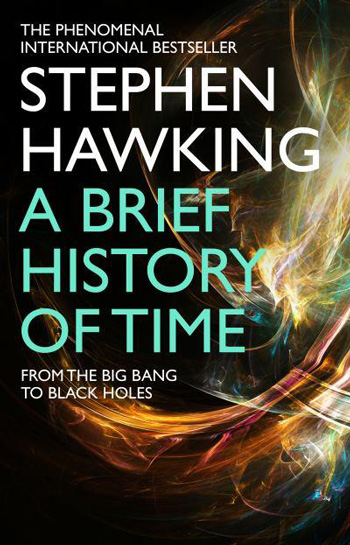
And all within some 200 pages - revolutionary writing indeed.
So there’s three books with words that altered people’s way of thinking, books that posed questions we didn’t think we had answers to, and that tackled themes and concepts so vast that to write about them would have been considered foolish.
Any you’d like to add to the list? Drop suggestions to us via Twitter (use the #writerscrawl hashtag if you fancy) and clear your diary for the #writerscrawl festival this November.
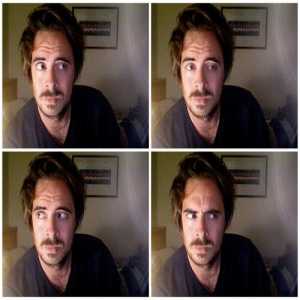
Please login to comment.
Comments